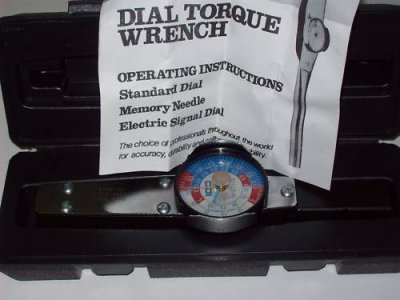- Joined
- Nov 21, 2012
- Messages
- 793
Ok folks, there was a discussion praising the virtues of the spiral machine tap. I have used SKF and Güring in the past but have been more and more impressed with Chinese offerings of late. I will be ordering a range of taps in various price ranges from China for testing so I need your help.
Paul.
- What price ranges for individual taps would you like to see? Keep this based on the price you would pay for a Chinese tap
- What tap sizes would you like to see tested? Metric is easiest to find but imperial is also possible
- What material would you like the taps to be made from? I can get high cobalt and regular HSS however cobalt will up the price
Paul.


